Powered by the sun!
It's not only our grass in our paddocks which are powered by the sun...we are!!
Forget superfoods, HIIT workouts and ketones, turns out the most powerful thing we can do for our physiology, resilience, vitality and longevity is synchronising to our circadian rhythm. We all possess a biological clock, infact all our organs and cells have their own clock which determine what that cell/organ does at particular times within the 24hr cycle. The rise and fall of the sun in the sky is a powerful external cue that informs what hormones are released and when/what 'operating system' is in affect. Getting some early morning sun within an hour of sunrise informs out physiology it's daylight and we need to be 'on'. in the sense of being primed, alert and ready to face the world and its challenges. Those early morning rays simultaneously set a countdown timer when to transition to a restful state and finally sleep - this is typically 14-16 hours later.
Our digestion also has it's own rhythm and is primed and highly functional for 8 hours. After 8 hours our digestion is programmed to rest, restore and rejuvenate. If we continue to ingest food/drink beyond the 8 hours we start to encroach on time otherwise spent restoring. Hence the 16:8 eating protocol that has gained popularity in the last decade.
Things we can do to help sync to our biological clock:
1. Get some early morning rays. Spend 20-30 mins of morning sun on your eyes (obviously don't look directly at the sun, but be outside sans sunnies)
2. Avoid caffeine beyond midday. Caffeine has a half life of 5-6hrs and a quarter life of 10-12hrs. So this can affect our ability to fall alseep
3. Exercise at a similar time each day - the first half of the day is more beneficial is regards to circadian rhythm.
4. Avoid artificial blue light emitted from TV, iPads, Phones etc beyond sunset. Or if so consider blue-light blocking glasses or having filters installed on your phones or computers (these are native to those devices these days).
5. Avoid stimulating substances. These will inhibit our true desire to sleep by increasing waking hormones and stalling sleep inducing hormones.
6. Avoid alcohol. Not to say don't drink at all but know that alcohol acts as a sedative which doesn't assist with sleep. It can actually disrupt the architecture of our sleep.


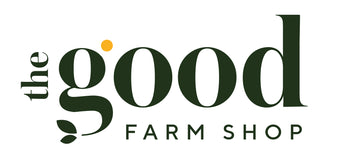
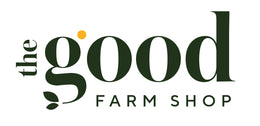
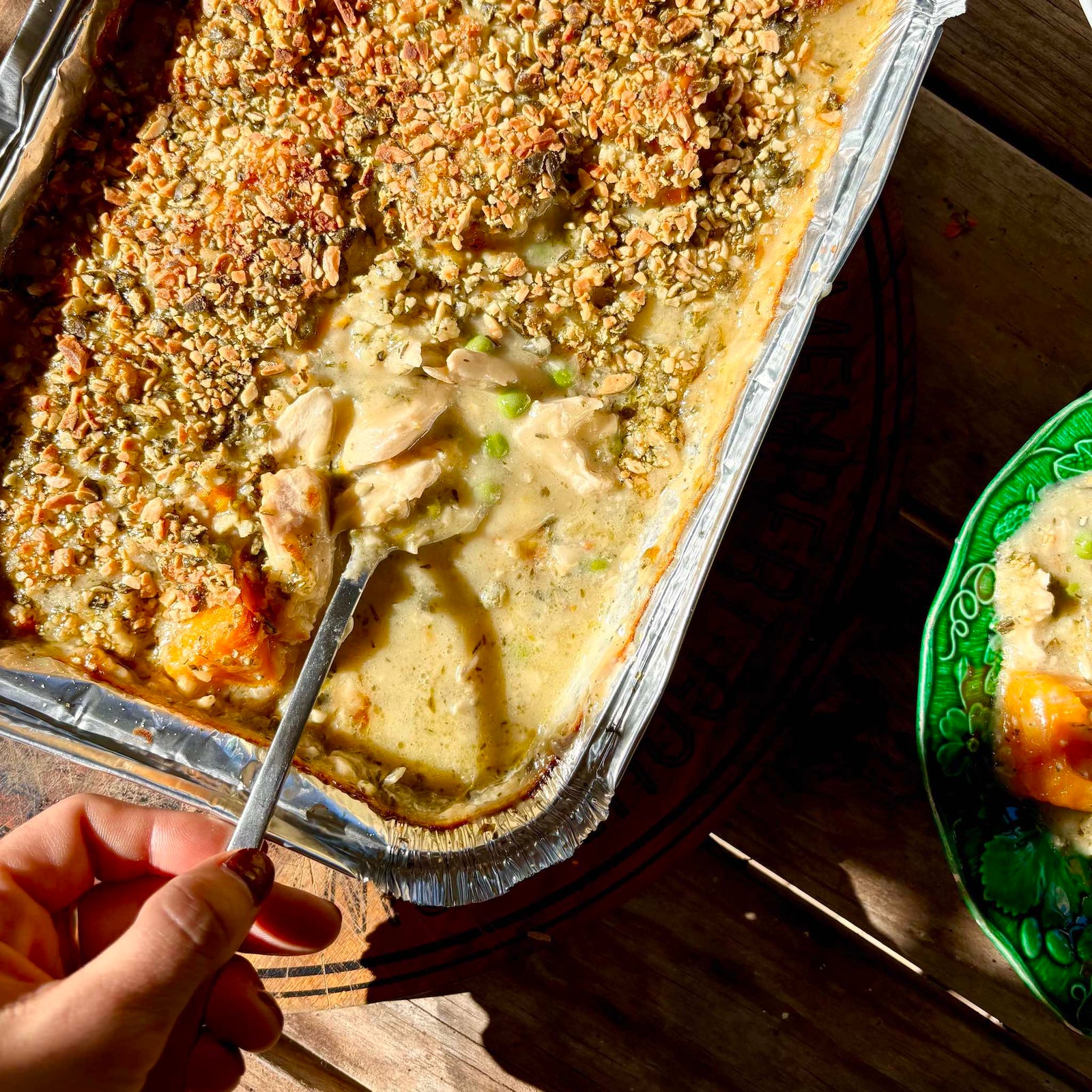
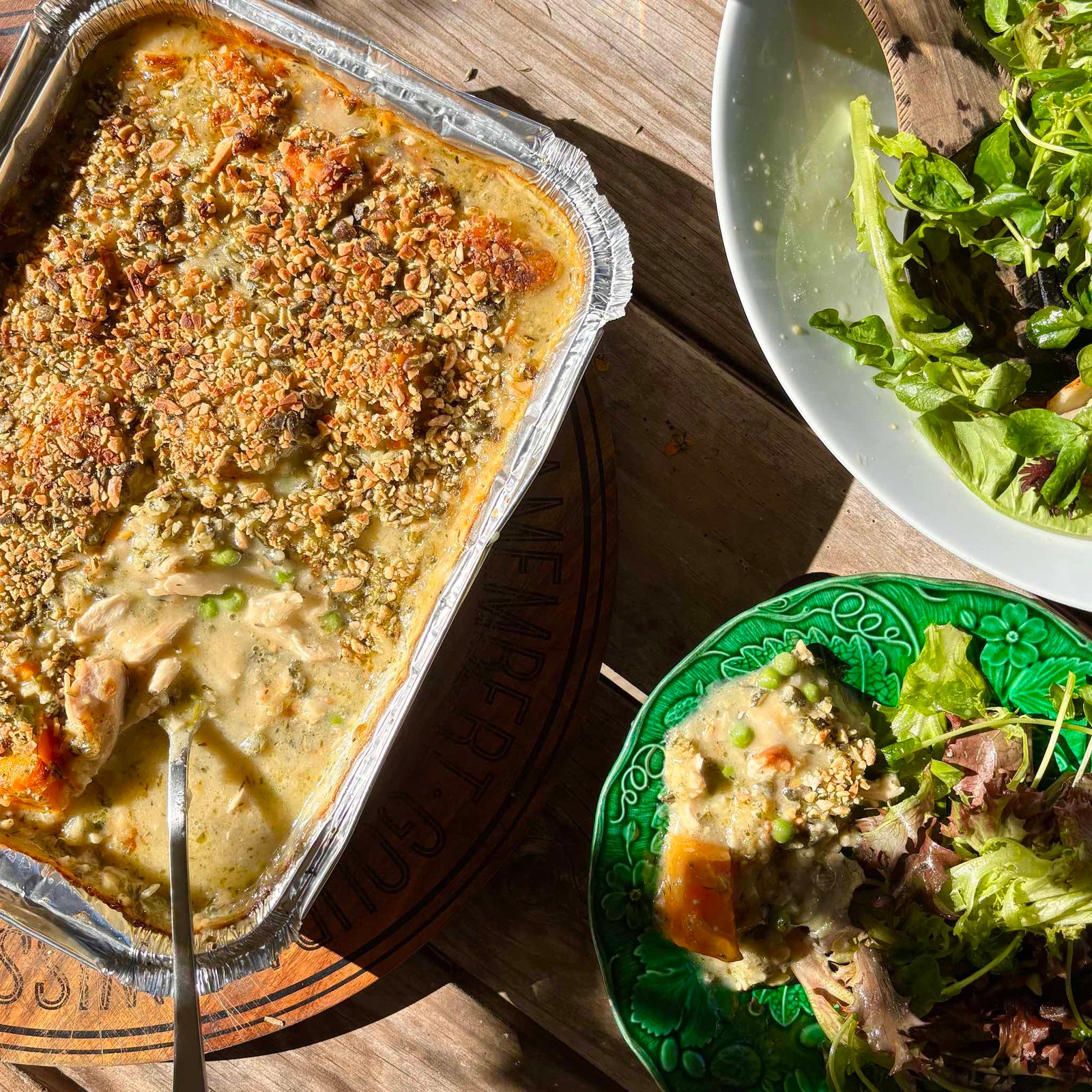


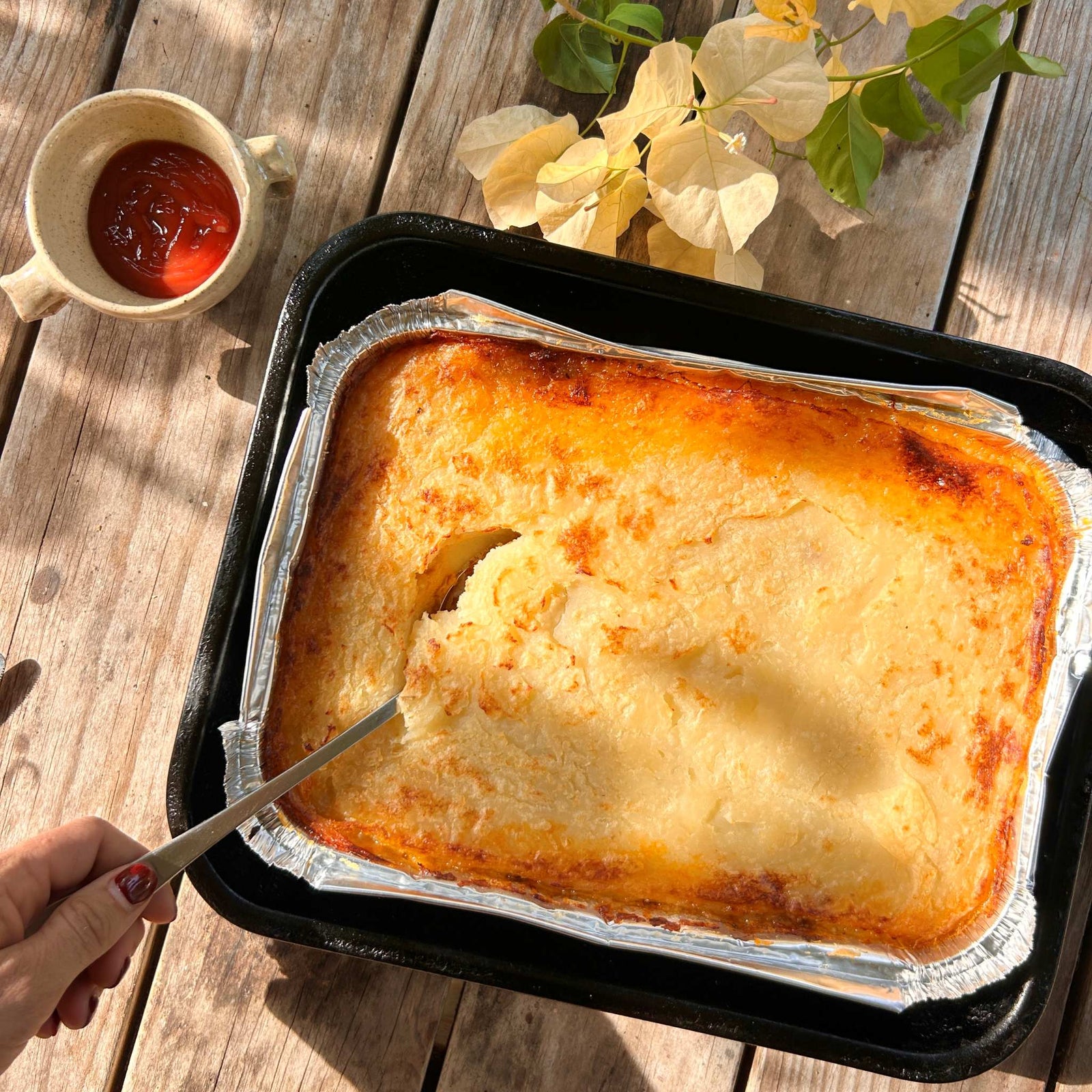

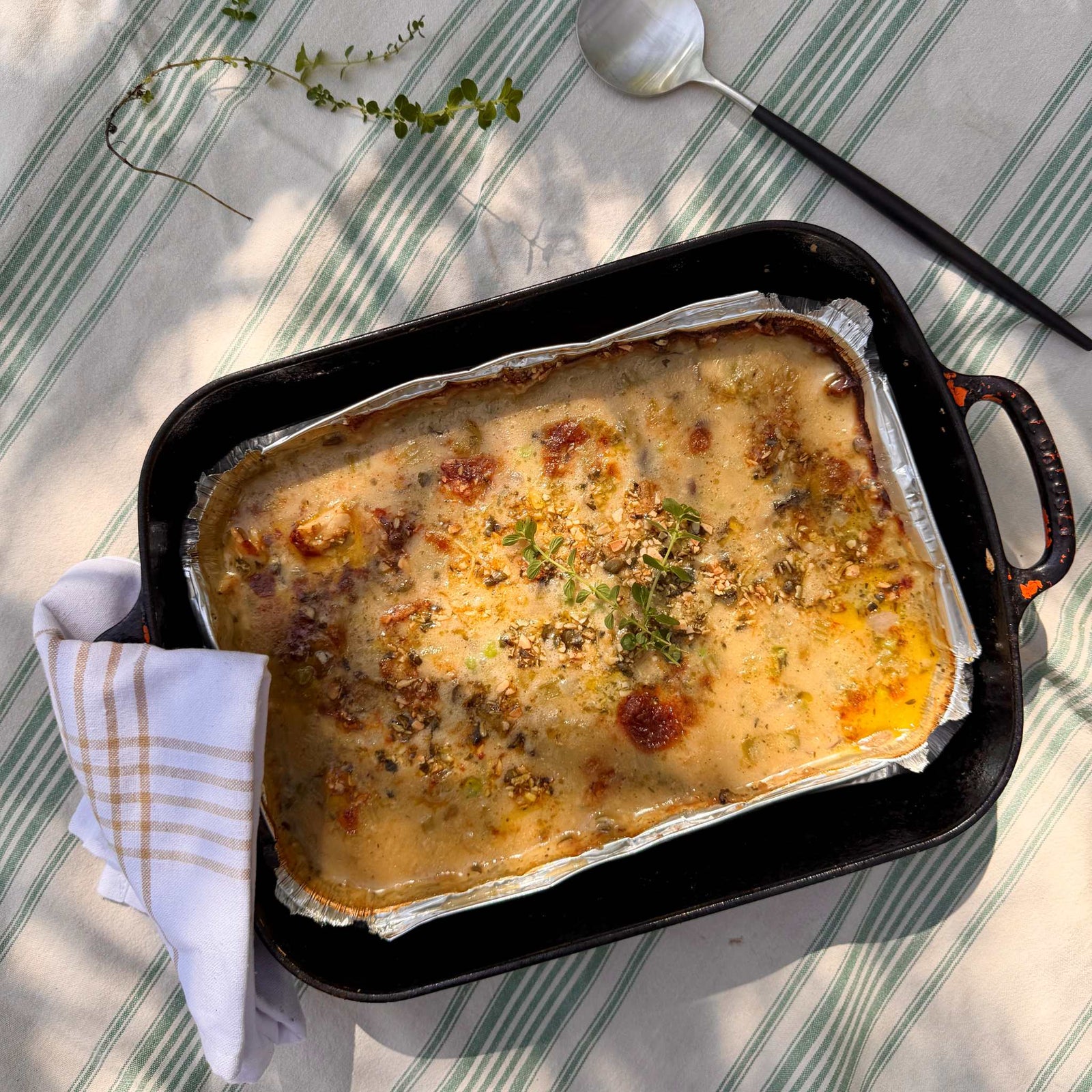



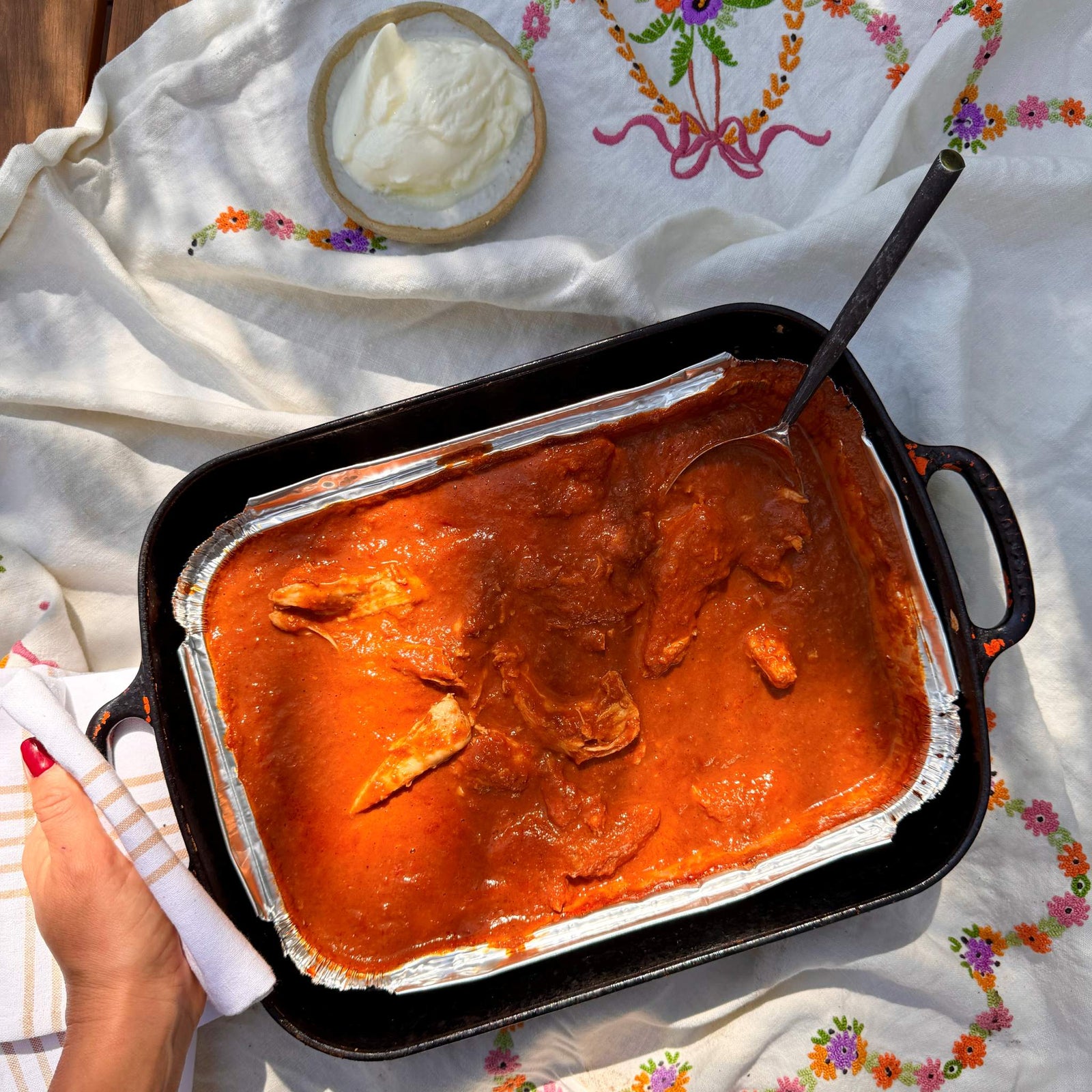

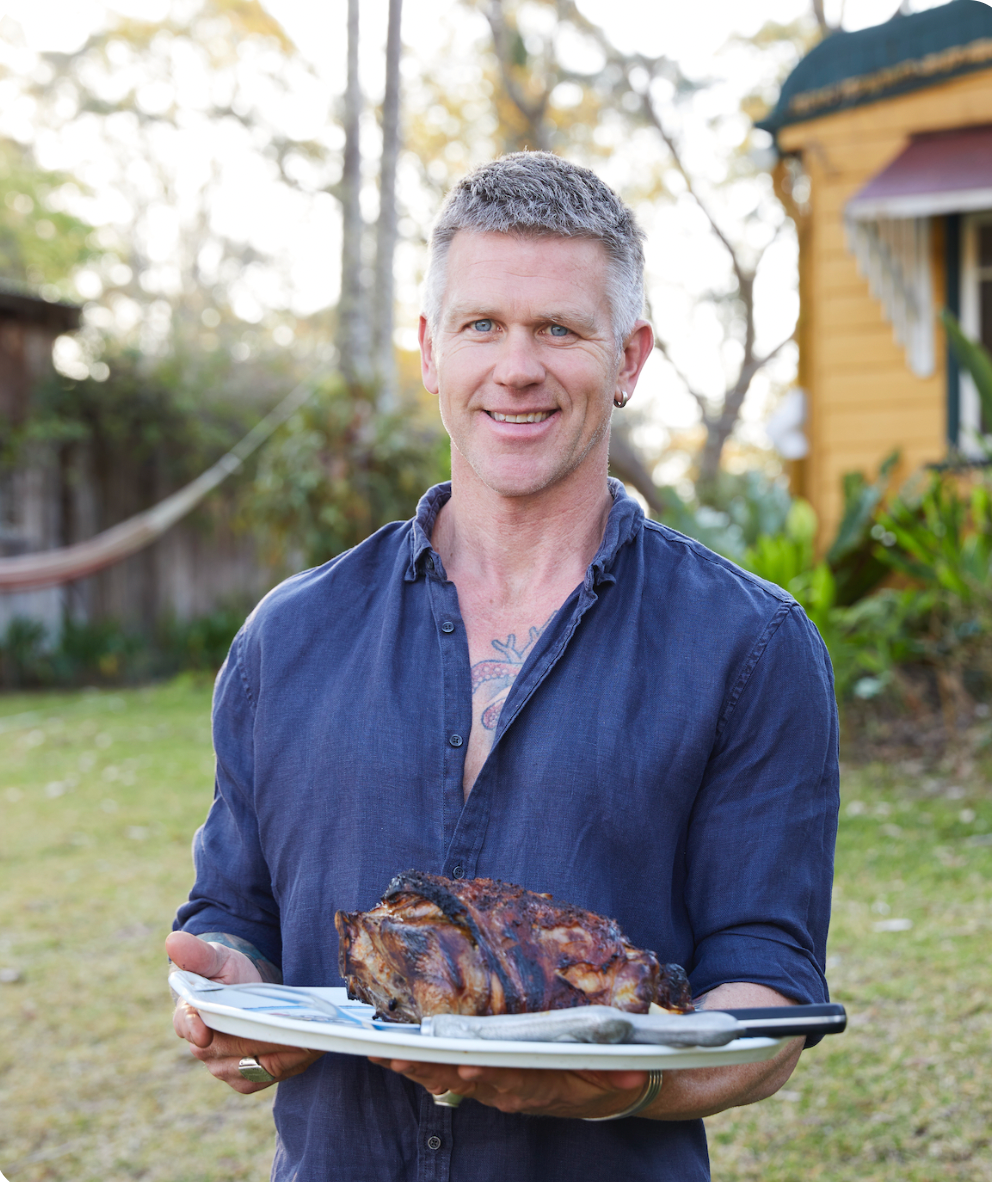
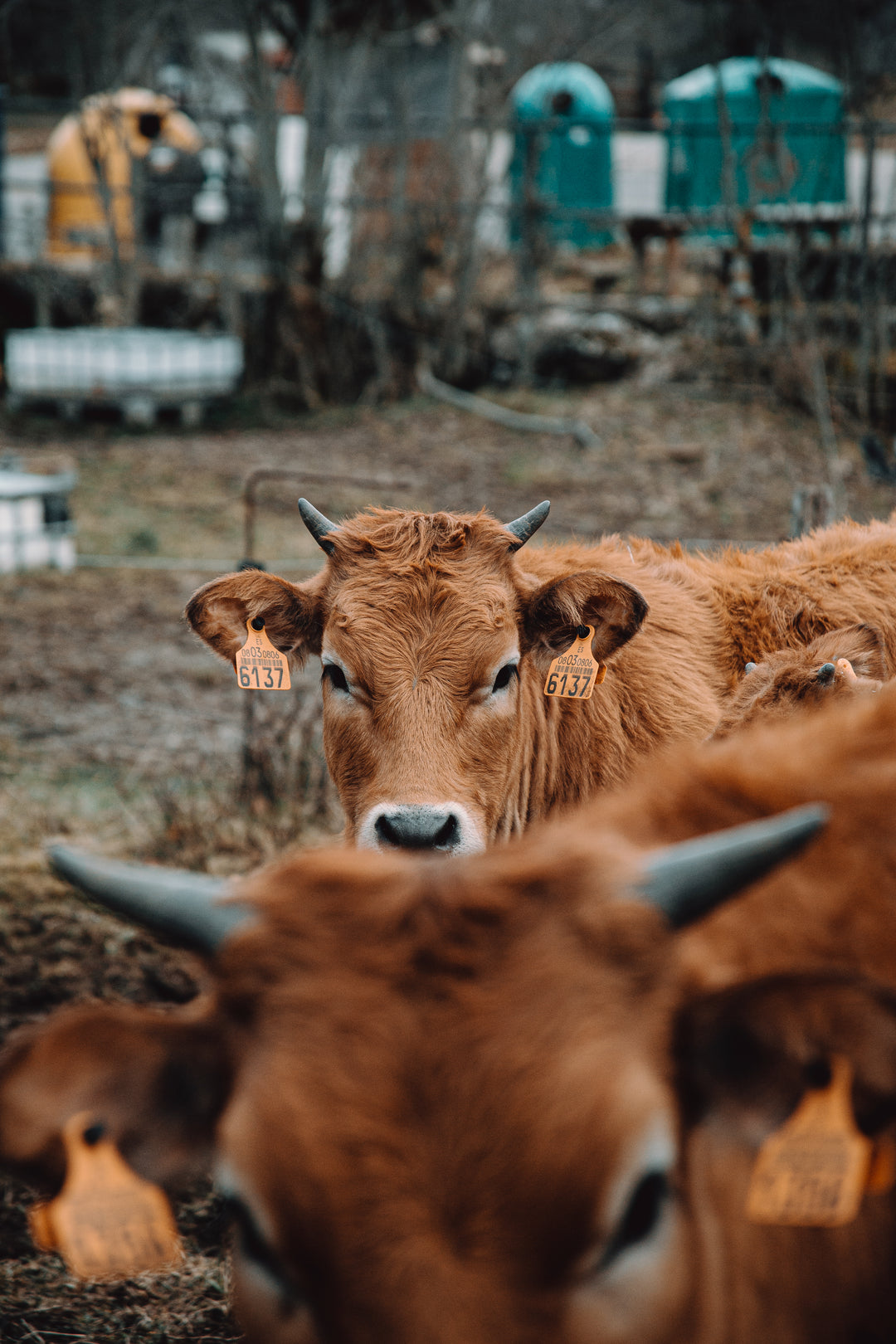
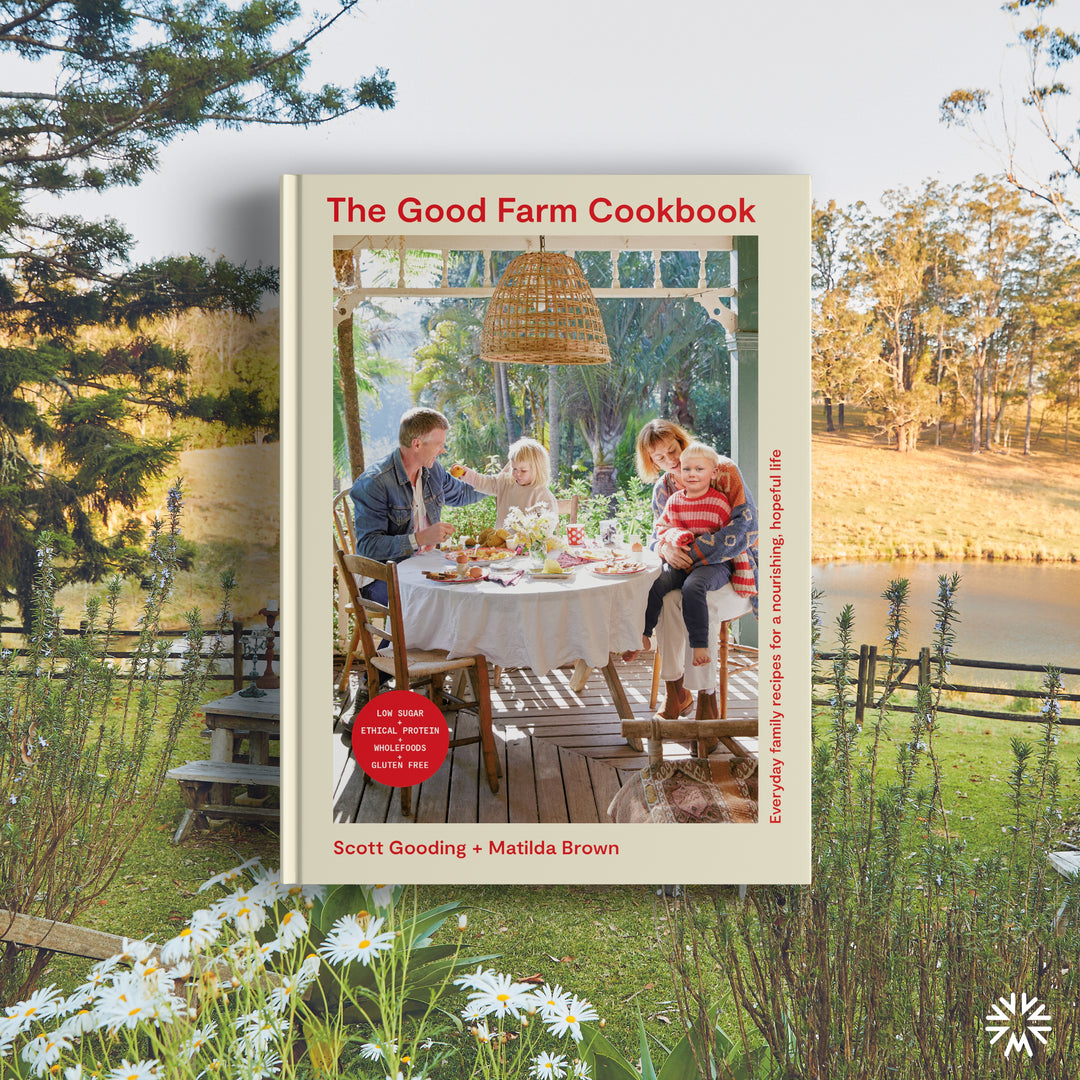

Leave a comment